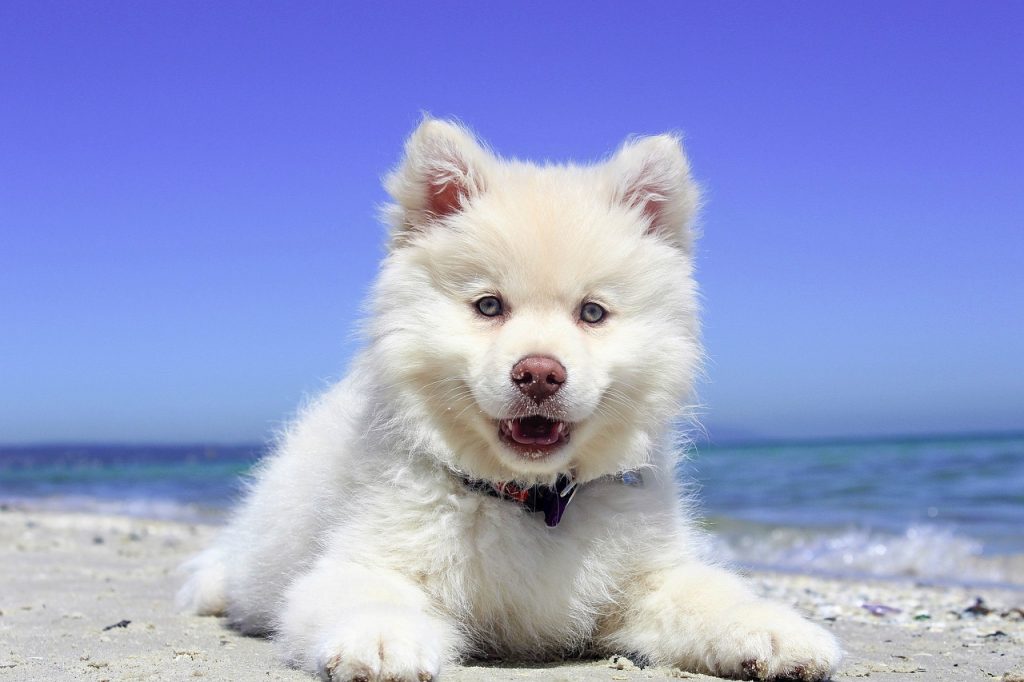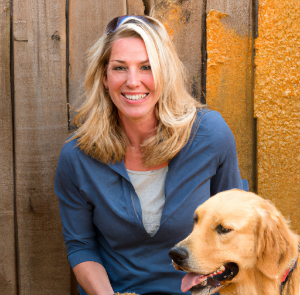
Puppies are like toddlers, in the sense that they need guidance on where and how to go potty. Since dogs like to keep their living space clean, training them is easier than one may think. The keys to success are consistency and patience.
Check-up and Nutrition
The first thing, any new puppy owner needs to do is to have their puppy checked thoroughly by a veterinarian. The veterinarian, in addition to their normal checkup protocol, should check the puppy for problems that could interfere or make potty training difficult. Bladder and kidney problems, as well as cystitis, could make housebreaking difficult. Worms and parasites can also prevent effective potty training. The correction of these disorders, along with providing a healthy, nutritious diet is important to maintaining a properly functioning and healthy digestive and urinary tract. A poor diet or one consisting of poor food quality can contribute to loose stools.
Supervision and Consistency
Puppies are intelligent, but are lacking in short term memory. Close supervision is needed to provide repetition in those behaviors that are necessary to propagate proper housebreaking. Close supervision is advised to see how fast one’s dog will have the urge to go after meals or drinking, as well as observing any special characteristics the dog displays prior to having the urge to urinate or potty.
When one does takes the puppy out, repeating a word associated with potty training repetitively, will help reinforce the concept that the dog should relieve itself outside and not inside. The puppy should not be brought back into the house, until it finishes its business outside. If it does this successfully a praise or reward is indicated
Living Quarters
As mentioned, dogs don’t like to soil their living space and do like to go outside their living area to potty. Limiting their access to the house and being confined to a small area, teaches them not to find another area within the house to potty. This can be done by placing small gates to prevent the dog from having access to the whole house. Keeping the dog in a smaller room or crate may be another alternative. Regularly scheduled walks will help train the dog, as to when they should go and will help to regulate them.
Accidents
All owners should expect a few accidents along the way. It may be a good idea to line their living quarters with newspapers, just in case an accident does happen. Also puppies should never be kept in areas that can’t be easily cleansed. Carpeting should be avoided and smooth surfaces are advisable for easy cleanup and non-absorption. If an accident does happen, correction of this behavior is necessary to prevent it from happening again. Patience is urged.
An enzyme-based deodorizer is advised to help cleanup the area and remove all trace of the accident. This is important, to prevent confusion later as to where the puppy goes potty, due to their good sense of smell. For this very reason, ammonia based products should be avoided, since it can mimic the smell of the puppies own urine, furthering the problem.
Puppies need training and direction. Consistency, proper nutrition, supervision and training are necessary to minimize the risk of accidents and to teach the dog proper potty protocol. By following these steps, the need for a professional dog trainer may be circumvented, allowing the owner to coexist with his pet peacefully.
